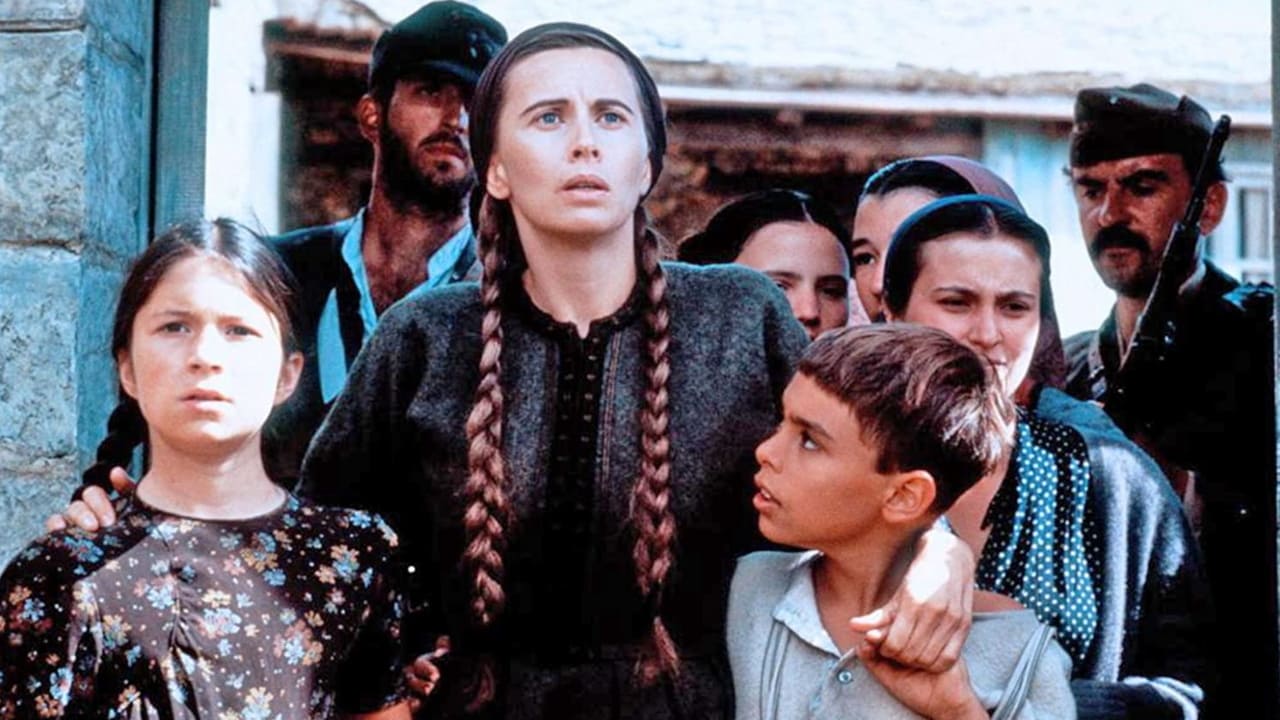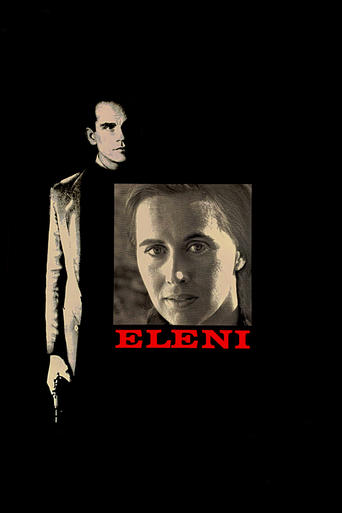

Whitewashing the victors of the Greek Civil War (Nazi collaborators, monarchists and all those traitors) is a direct insult to the Greek Resistance (primarily, but not only, Communists) who saved the Greek People from famine during occupation and shed their blood in the fight against the Germans and their local lackeys. While members of Nazi collaborating "security battalions" who were taking an oath to Hitler, not only went unpunished but were also reinstated and rearmed to fight against the Resistance the real heroes, the members of EAM-ELAS who bled to free the country were imprisoned, tortured and facing execution squads by the British-led monarcho- fascists. Really cheap propaganda. Total garbage, might as well have been financed by the CIA. Too bad I can't give 0 stars.
... View MoreI don't generally award 10 stars. But this true account of a mother's struggle in post-war Greece has haunted me for over twenty years. Since becoming a parent myself, I have often thought of her great sacrifice. It is a great mystery to me why this fantastic film has virtually disappeared from circulation. It's one of the most perfectly realized films you'll come across. The acting, direction, and photography are superb. It's worth owning just for Bruce Smeaton's brilliantly unique musical score. I've tried, without success, to find Greek music in a similar vein. Much of the opposition to the film in 1985 came from critics who insinuated an anti-Marxist political bias. They missed the point. The film depicts the story of a mother removed from the political machinations that are grinding around her. Eleni wasn't a reactionary, she was a loving mother. Unless film buffs rediscover "Eleni" the Hollywood Left will have buried a beautiful gem, which conflicts with their accepted version of history. Goodnight and good luck.
... View MoreGreat movie, with a good performance from Kate Nelligan. Cant believe all the people defending communist kidnappers and murderers, after all the years of Nazi murders, people actually defend thugs kidnapping children, murdering villagers who refused to agree with them, etc, etc, etc.... The Greek Civil War was nothing more than Stalin trying to add Greece to his list of appetizers along with Poland, Hungary, Romania, Bulgaria, etc... Stealing children to take behind the iron curtain, executing parents who try to keep their own children, stealing houses, livestock and food crops to feed the murderers of their own people is not a good thing and this movie sends that message in spades. People are supposed to be happy about being out from under the fascist murderers and put under the domination of communist ones???????
... View MoreFolks, please ignore the silly left-wingers who have decided to post their hateful remarks about this great film.Speaking as a Greek-American, who's father was a partisan in WWII, the story as shown in the film was exactly as it happened. Yes, there was a terrible civil war following WWII but it was an attempt by the Soviet Union to extend its' power into the southern Balkans. The Soviets backed communists in Greece and the Allies backed non-communists. After a long and bloody conflict, that also resulted in thousands of Greek children being stolen from their parents and shipped to Eastern Bloc countries, the war ended with the non-communists as victors.Now, be sure that like in every bloody civil war, there were atrocities committed on both sides. But fighting against the communists was the right course of action since they did not favor free elections, would have instituted a tyrannical govt., and would have dragged Greece into the Eastern Bloc for 50 years.As for the kidnapping of the children, the blow to Greece's manpower was tragic. It would be the equivalent if millions of children were taken from American parents. Truly a nightmare. But a nightmare that could have been averted if the filthy communist scumbags had been stopped early on. It was Churchill that wanted to land troops in Greece for just such a reason during WWII but the Soviet dominated alliance nixed such an idea, leaving Greece wide open for chaos and an atmosphere for civil war.Anyway, the film was truly accurate in its' portrayal of the political climate of the time, the brutality of the communists, and the end result of this horrendous period. I highly recommend it as a lesson in what many countries of that, and later periods, encountered with communist insurrections. I also highly recommend it as a powerful testament of a mothers' love to protect her children from the ensuing chaos of war and tragedy.
... View More